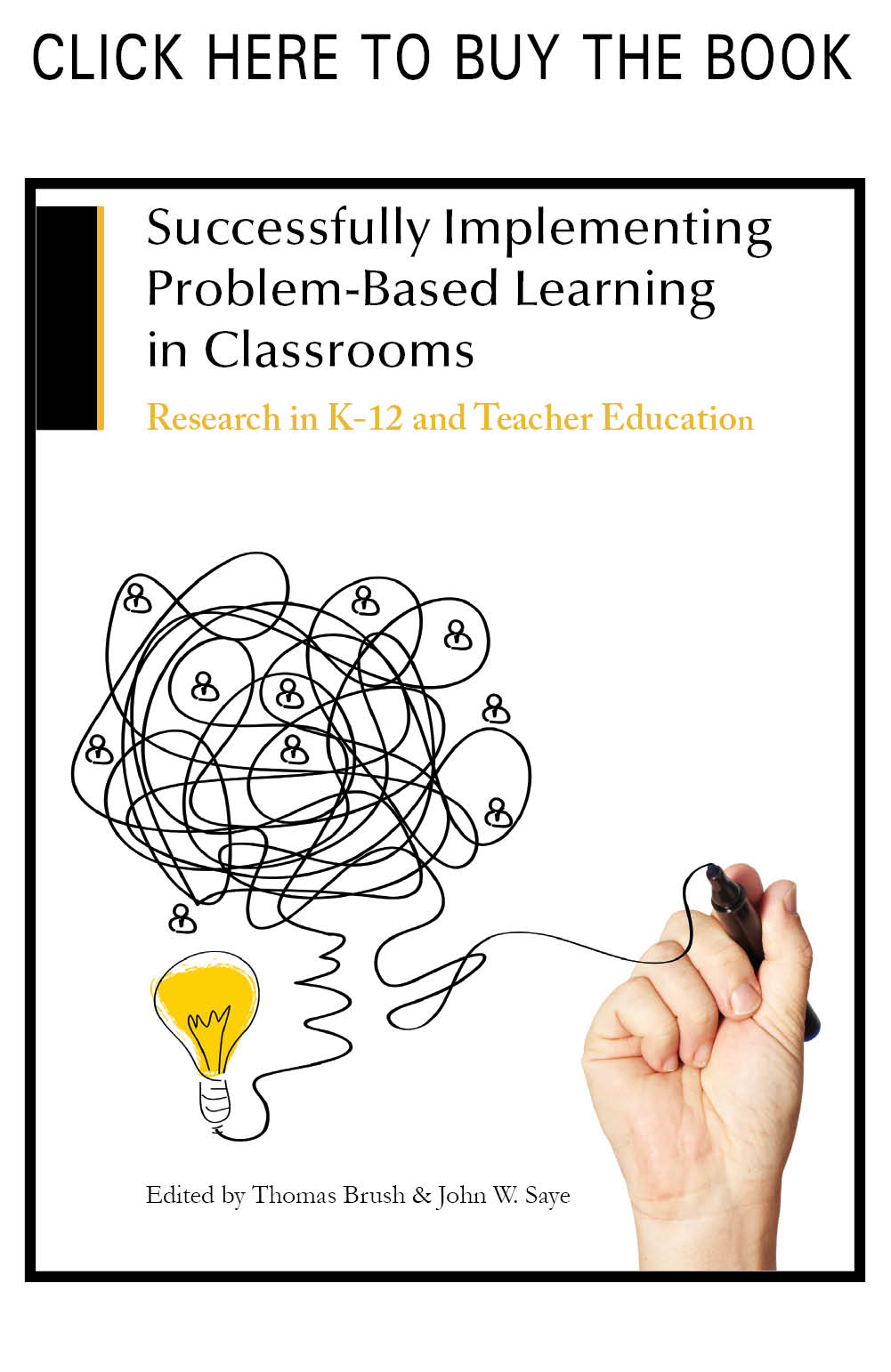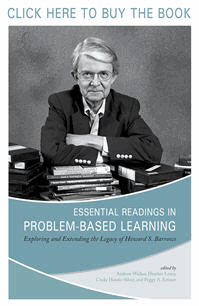Abstract
Preparing students to be effective leaders in their organizational and professional settings is a common goal of leadership preparation programs. However, students often lack confidence to share their knowledge and expertise in public forums. This study addressed whether the use of the rich environments for active learning (REAL) instructional model increased students’ self-efficacy regarding contributing to the professional community of practice through scholarship (i.e., research and study) and publication. Twelve doctoral students preparing to be educational leaders published an online journal. This study demonstrated how engaging students in problem-centered, enculturating activities that reflected the true nature of educational leadership and scholarship helped them feel prepared to share their knowledge and expertise with others, work effectively in their professions, and identify themselves as contributing members of the community of practice.
Recommended Citation
Dunlap, J. C.
(2006). The Effect of a Problem-Centered, Enculturating Experience on Doctoral Students’ Self-Efficacy. Interdisciplinary Journal of Problem-Based Learning, 1(2).
Available at: https://doi.org/10.7771/1541-5015.1025




